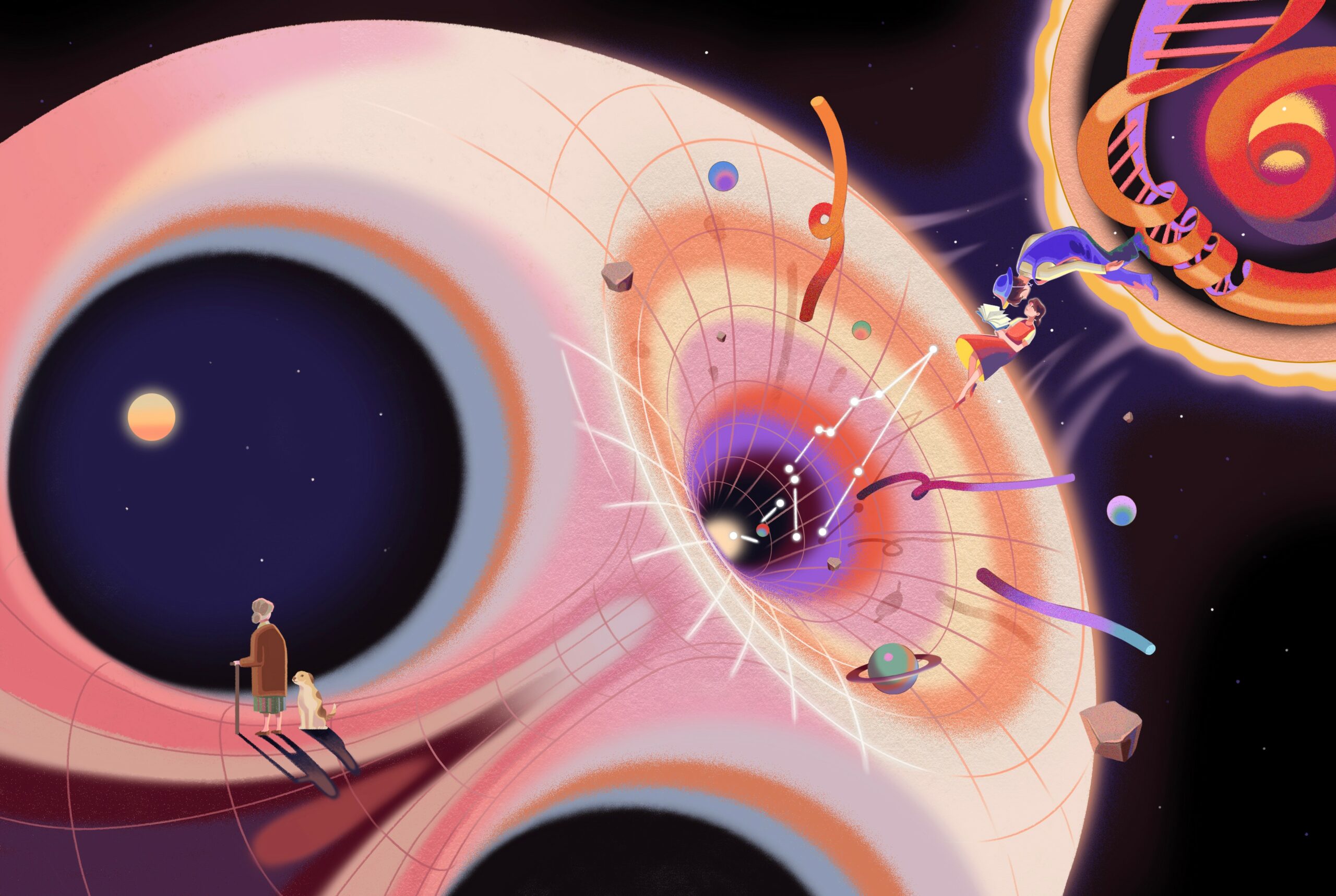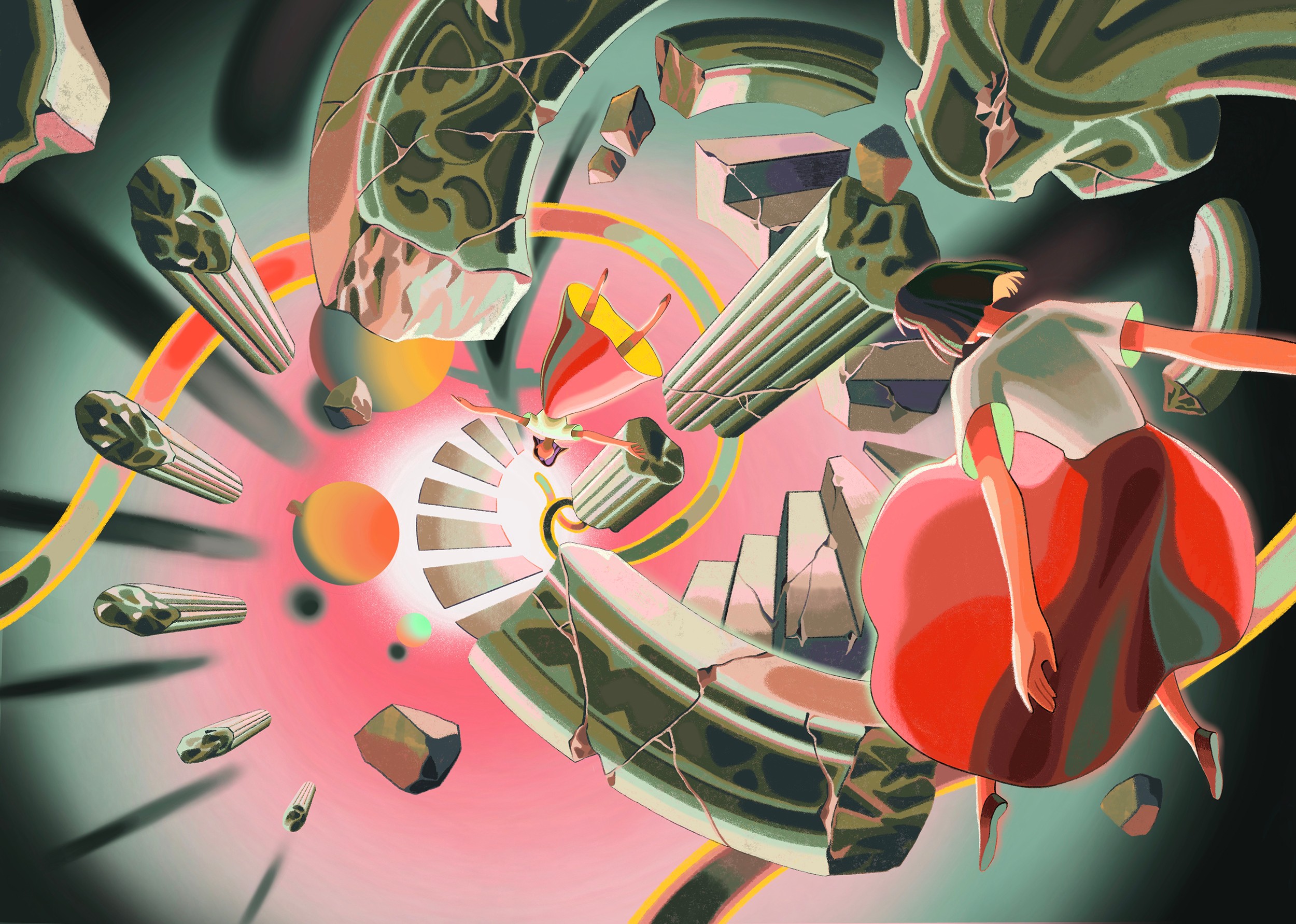Alright – so today we’ve got the honor of introducing you to Jiawen Chen. We think you’ll enjoy our conversation, we’ve shared it below.
Jiawen, so great to have you sharing your thoughts and wisdom with our readers and so let’s jump right into one of our favorite topics – empathy. We think a lack of empathy is at the heart of so many issues the world is struggling with and so our hope is to contribute to an environment that fosters the development of empathy. Along those lines, we’d love to hear your thoughts around where your empathy comes from?
Growing up in China, I was taught the importance of empathy through Confucian values, with the famous quote “Do not impose on others what you do not desire” from Confucius’s the Analects often cited by adults and teachers. As a naturally introverted and sensitive individual, I’ve always been sensitive to others’ emotions, frequently adjusting my words and actions based on their expressions.
Whether watching movies or reading novels, I often find myself feeling nervous or embarrassed about characters facing challenges or humiliation, sometimes even skipping those scenes upon revisiting the media. This ability to empathize has grown with me from childhood to the present. It helps me better understand others’ emotions and reflect on myself. It also enables me to recognize social issues and delve into deeper thoughts. These reflections become the main source of inspiration for my creative work. I hope that my creations can establish connections with society and evoke empathy in others.
Thanks for sharing that. So, before we get any further into our conversation, can you tell our readers a bit about yourself and what you’re working on?
I am a freelance illustrator based in Guangzhou. After graduating from the Guangzhou Academy of Fine Arts in 2018, I obtained a master’s degree of illustration as Visual Essay from the School of Visual Arts in 2020. I have been working as an illustrator for four years now. My clients include such as NYT for Kids China, LA Times, Stella Magazine, OPTO Magazine, Fashion Cosmopolitan,People’s Literature Publishing House, as well as companies like Apple and Service Plan for whom I create commercial illustrations. My work has been recognized by illustration competitions Annual such as SOI, WIA, AI-AP, and 3x3mag.
Since I was a kid, I’ve loved drawing, especially influenced by Japanese manga. I used to copy cartoon characters in my sketchbook, fascinated by their unreal worlds. Over time, I wanted to tell my own stories through art, so becoming an illustrator became my goal.When I formally studied art, I explored styles like surrealism and constructivism. I got into playing with shapes and creating unique, non-realistic spaces in my drawings. I’m also pretty introverted. When I’m confused or puzzled by something, I prefer to be alone and draw. I use visual metaphor to show my feelings, turning them into illustrations. Expressing my inner world through surreal art is what I mainly focus on in my work now.
Although pursuing this career has been a lifelong dream, I must admit it can sometimes be exhausting. To avoid burnout and keep my passion for drawing alive, I consciously set aside time for personal projects alongside commissioned work. This allows me to experiment with new forms of expression and maintain my creative exploration. Bringing these works to art fairs and communicating with readers and customers who appreciate my work is a way for me to recharge myself. It’s also a pleasant surprise when clients appreciate my personal projects and offer me new opportunities based on them, which further motivates me to continue working.
If you had to pick three qualities that are most important to develop, which three would you say matter most?
I think patience, sensitivity, and not obsessing over perfection are crucial. Not fixating on perfection is especially important for improving drawing skills. Before, I often felt unmotivated because I wasn’t satisfied with my work, and sometimes I didn’t even want to draw anymore. This wasn’t helpful for skill development. After realizing this, regardless of how good or bad my art piece was, I forced myself to share it on social media as the final step. It helped me let go of the mental burden and stop chasing perfection excessively. This allowed me to experiment and explore my art without feeling stressed. I’ve been doing this consistently, and I hope this approach can help others looking to improve their painting skills.
Looking back over the past 12 months or so, what do you think has been your biggest area of improvement or growth?
I’ve also started teaching, alongside my freelance illustration work. Teaching students without much artistic background has made me rethink my own artistic journey, especially in terms of the theory, which I didn’t focus on much before. Most of what I learned was by feeling rather than studying. But teaching requires me to organize my experiences into a method for my students. This has made me reconsider drawing theories I hadn’t paid much attention to before, which has been a great improvement for me.
Contact Info:
- Website: https://jiawenchen.art
- Instagram: jiawenchen.art












